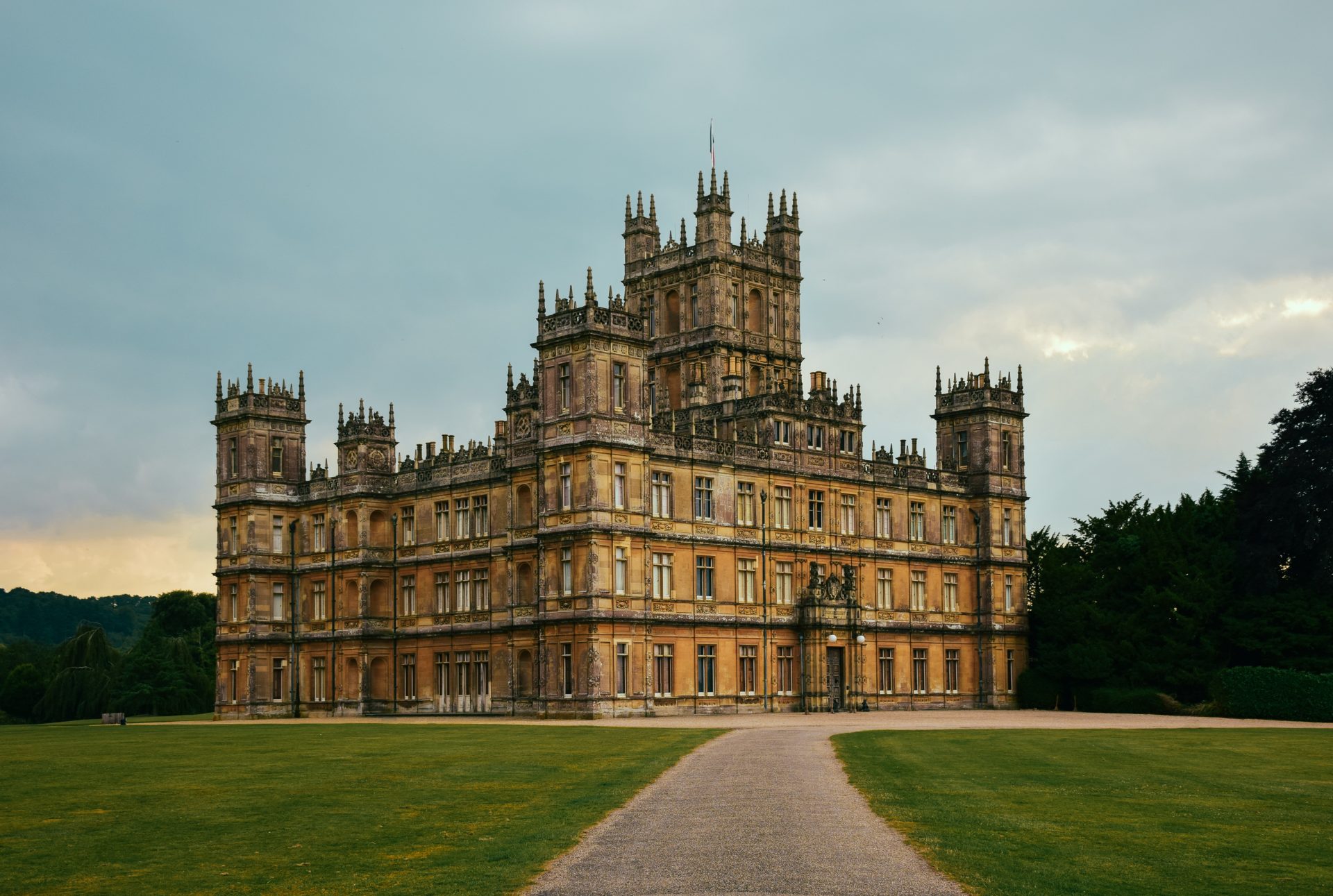The new era or the same old world: “Downton Abbey” speaks to past and present
The second film “Downton Abbey: A New Era” resumes the story in the late 1920s. The World War is enough years behind them now that the characters feel more optimistic about their present. This film opens with a celebration, as a wedding takes place, and the filmmakers reacquaint viewers with the large cast of characters, mingling more than they would have in “Downton’s” first season, the upstairs family and the downstairs staff enjoying a joyful day together more like a large family than ever before.
The Dowager Countess Violet Crawley (the wonderful Dame Maggie Smith) is surprised to learn she has inherited a villa in the south of France. (The scandalous possibilities of how she came to inherit a villa from a besotted Frenchman she knew briefly back in the 1860s play into some of the film’s intrigue.) While she is ailing, Violet also sees an opportunity to create a better future for her young granddaughter Sibby, whose mother Sybil died years ago, and given the financial and hereditary rules of the time, would have had no great means in the future in comparison to her cousins.
Early in the film, a maid says, “Times change, and we must change with them.” The old house is dealing with roofing failures when an unexpected offer to use the house and grounds for a film comes, giving the newer leadership of Lady Mary, the eldest daughter, her due. Her father and elder staff are apprehensive at the idea, yet the will to embrace new ventures for the property helps the Grantham estate deal with its property woes and solidifies the new direction needed. (Longtime viewers will remember Lord Grantham has a muddled history with managing the estate. He married his American wife Cora in part for her great wealth and at another time admitted looking into a business deal with a person named Ponzi.)
Yet the film crew on premises is a symbol for the times at hand. While the silent film crew deals with the sudden need to make their drama instead a “talkie” film to be commercially viable, various “Downton” characters explore very common life challenges: facing health challenges and mortality, pondering relationships (or the bleak feeling of only loneliness in the years ahead), and wondering what might happen if risks are taken or worse, go unexplored.
While most of us will never have a villa gifted to us, we find the varied narrative threads in the world of “Downton Abbey” speaking to us. Living in the present is arduous work enough, yet learning to deal with the past and enter the future with a wisdom reflective and not reactive is even more challenging.
He had dreams of becoming a schoolteacher yet gave that up at age 12 when his family’s financial challenges required him to leave school and enter the workforce.
Early in the series, Molesley serves Matthew Crawley, then the next in line to inherit the title and lands, but he is terrified when Matthew insists that he can dress himself and live independently of staff.
Without a job again, Molesley will find himself back at the great house, though in a lower role of footman due to his old post already assigned to another staff member in the meantime.
He eventually braves the future by going into teaching at the local village school, showing a determination that he did not have that long ago. (He does return to assist the servants when big events happen, most memorably and hilariously in the first “Downton” film when he helps serve at a formal dinner for the visiting King and Queen of England and offers the most bizarre of bows before their Majesties.)
In the new film, Molesley returns to the estate, attracted by the sudden glamor of a film projection on site. He saves the production from closing by assisting the director with creating dialogue to dub over the already filmed scenes. Then, in a glorious moment, Molesley shows a talent for scriptwriting, suggesting a much more compelling storyline than the filmmakers envisioned. As he explains his improved ending for the film, Molesley seems to come to life, his reticence evaporating as he acts out the scenes he developed.
I remember sitting up in my seat in the theatre and leaned forward to watch this moment, a smile across my face, as I saw Mr. Molesley create this spellbinding moment from his imagination. He may have been not the greatest house staff member at Downton Abbey, yet he shows his gifts and talent when given the right opportunity. The director offers Molesley a job on the spot to write more scripts! This opportunity also allows him to think of a different type of future than he could have imagined years ago when dreaming of school teaching and yet deferring that dream until it seemed impossible.
The latest chapter of “Downton Abbey” leaves the storyline in the late 1920s. The new era is unfolding as the characters live, love, and yes, die. Like them, while we may yearn, deny, or weep for what comes next, we move forward—finding great comfort that the past does not have the last word.
The views expressed are those of the author and not necessarily those of American Baptist Home Mission Societies.




